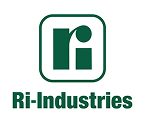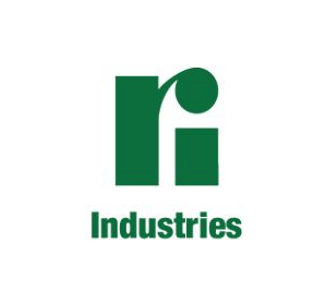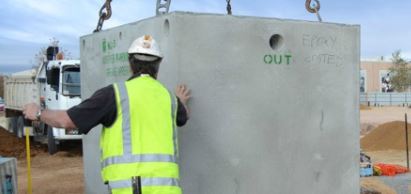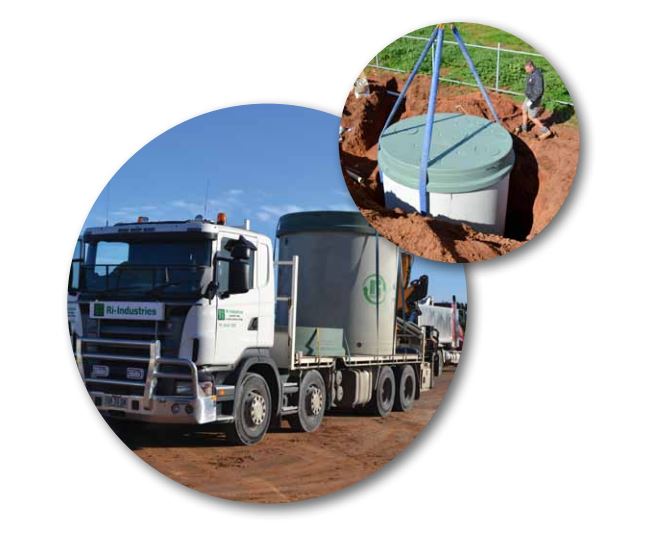
Of all the many items in your home you worry about, the septic tank is definitely one you want to be sure remains in working order. Choosing the right type of septic tank, and the right company to buy it from, can make a huge difference. There are many different types of septic tank, but we still recommend choosing a pre-cast concrete septic tank if you can.
Why do we recommend a pre-cast concrete septic tank? It has many advantages to the available alternatives:
- Concrete is inherently watertight which reduces the risk of leaks over the lifetime of the tank.
- Concrete tanks are heavy and will not ‘float’ to the top as lighter tanks sometimes do in certain situations.
- Concrete tanks are normally larger than ones made of other materials and therefore require pumping less often.
- Concrete does not rust (which can be an issue for tanks made from steel and certain parts of some plastic and fiberglass tanks).
- Concrete does not affect groundwater and surface water quality.
- Concrete tanks can last for decades (which can be substantially longer than tanks made of other materials).
- There is a lower risk of damage during installation of concrete tanks than during installation of tanks made of less durable materials.
- Concrete tanks can be pumped without fear of collapse unlike tanks made of other materials.
The septic tank performs an important function in your home and you want to be sure you keep it in working order at all times. Partner with a company who has a great reputation, will guide you to choose the proper tank for your home, and works closely with installers of septic tanks.
Ri-Industries has over 70 years of experience in the septic tank business in Adelaide, South Australia and has developed efficient manufacturing techniques to produce pre-cast concrete septic tanks and septic tank lids of the highest quality that are built to last. Please call to learn more.







 Congratulations to Ivan Sayers for his recent promotion to Managing Director. Ivan began his journey with Ri-Industries in 2002 as Production Manager and became General Manager in 2012. We are excited for Ivan to take the helm as Managing Director and look forward to following his lead as we bring additional value to our community.
Congratulations to Ivan Sayers for his recent promotion to Managing Director. Ivan began his journey with Ri-Industries in 2002 as Production Manager and became General Manager in 2012. We are excited for Ivan to take the helm as Managing Director and look forward to following his lead as we bring additional value to our community.